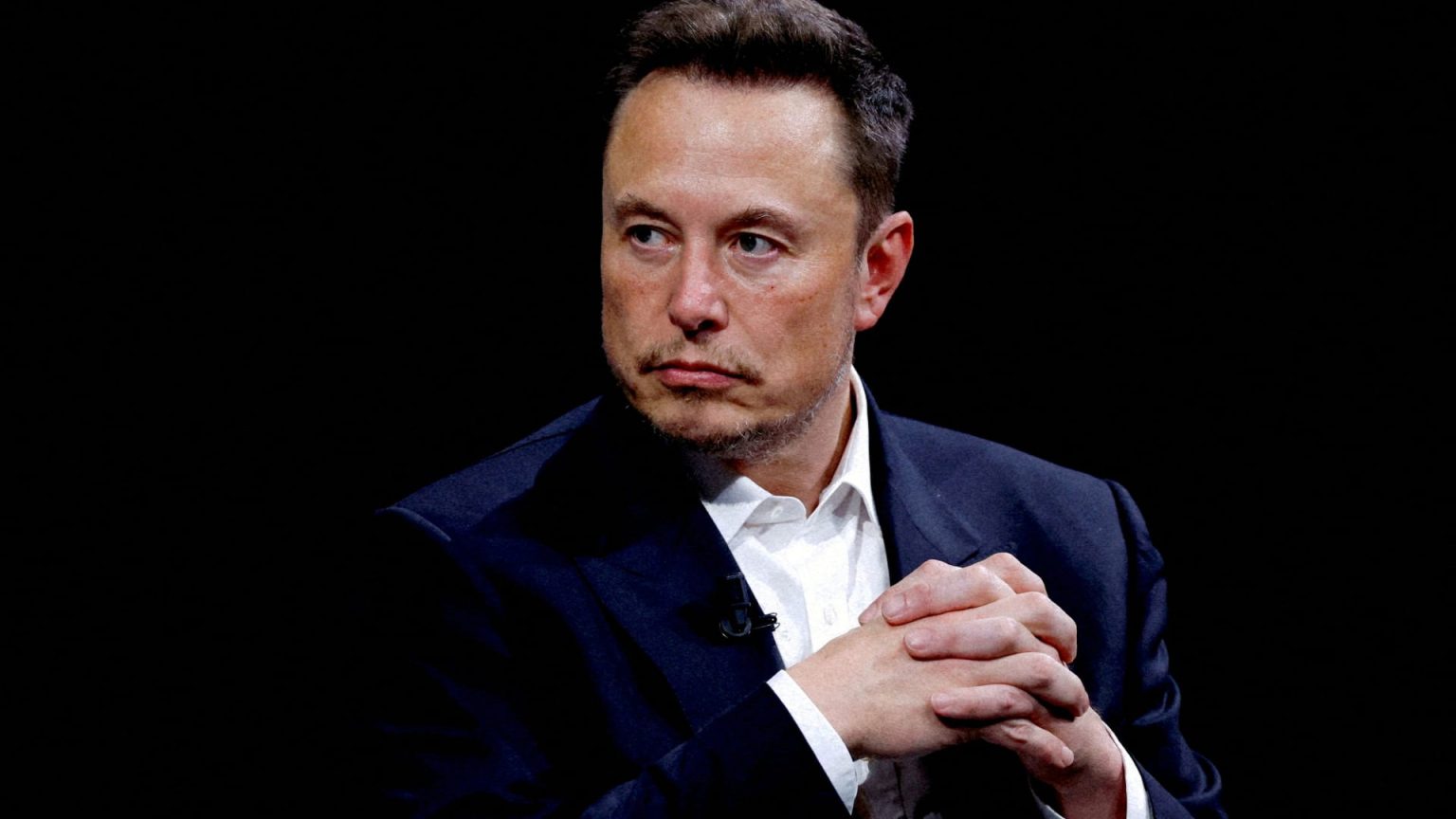Local Chinese authorities have lifted restrictions on Tesla cars after the company’s China-made vehicles passed the country’s data security requirements. This development came as Tesla CEO Elon Musk visited Beijing for a meeting with Chinese Premier Li Qiang during the city’s first major auto show in four years. Tesla’s electric cars have been popular in China, but concerns about data collection by the U.S.-based automaker had led to some restrictions. The Biden administration had also announced a probe into whether imported cars from China posed national security risks due to data collection capabilities. Several new energy vehicles from other automakers also passed China’s data security requirements, indicating that Tesla was not the only one meeting the standards.
The new data security requirements for “connected vehicles” were released in November and apply to cars released in 2022 and 2023 that automakers voluntarily submit for inspection. These rules test whether cars anonymize facial recognition data outside the vehicle, do not collect cockpit data by default, process the data inside the car, and notify users of personal information processing. Tesla was among the first batch of automakers to meet these compliance requirements. The automaker localized data storage at its Shanghai data center in 2021 and passed the ISO 27001 international standard for information security after review by third-party auditors. The passing of these requirements has opened the door for Tesla’s driver-assist software, Full Self Driving, to potentially be available in China soon.
Although expectations were high for the rollout of a “supervised” version of FSD in China following Musk’s visit, JL Warren Capital CEO Junheng Li stated that it is “extremely unlikely” due to challenges Tesla would face in supporting the software’s local operation as a foreign entity in China. Li believes there is “no strategic value” for Beijing to support FSD’s domestic rollout when there are many high-quality local alternatives, such as Xpeng’s driver-assist software. Premier Li’s visit to several companies at the Beijing auto show called for innovation and demand to drive production, according to state media. Tesla did not participate in this year’s auto show, as has been the case since a protester stood on one of its cars during the Shanghai auto show in 2021. The Beijing auto show alternates annually with Shanghai and was not held in 2022 due to the Covid-19 pandemic.
The lifting of restrictions on Tesla cars in China highlights the company’s compliance with the country’s data security requirements, allowing for greater market access and potential availability of its driver-assist software in the region. While Tesla was not the only automaker to pass the data security rules, it has made significant efforts to align with China’s regulations, including localizing data storage and meeting international information security standards. Despite speculation surrounding the rollout of Full Self Driving in China, challenges due to Tesla’s foreign entity status and the presence of high-quality local alternatives may hinder its domestic introduction. Premier Li’s emphasis on innovation and demand during his visit to the Beijing auto show underscores China’s commitment to driving production in the automotive industry. Tesla’s absence from this year’s auto show reflects past incidents and the show’s cancellation in 2022 due to the pandemic, but the company’s ongoing efforts to comply with China’s regulations signal its continued engagement with the market.


